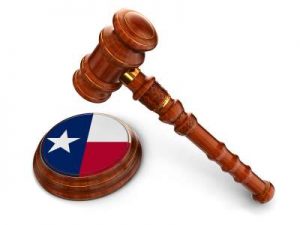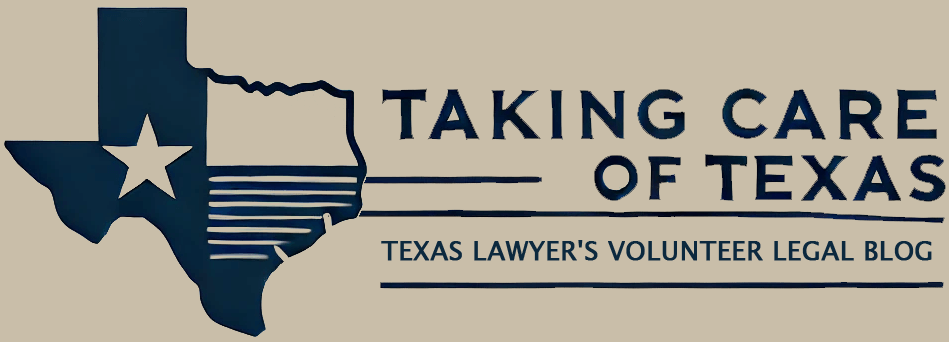Let’s take a look at when Texas has “territorial jurisdiction” over a criminal defendant.
What is “territorial jurisdiction?”
“Jurisdiction” describes whether courts are permitted to hear and decide cases.
A state’s territorial jurisdiction is the power of that state’s courts (Texas, for our purposes) to hear and decide cases involving events and individuals within a certain geographic territory.

What is Texas’s territorial jurisdiction?
Texas’s territorial jurisdiction is codified in Texas Penal Code 1.04:
(a) This state has jurisdiction over an offense that a person commits by his own conduct or the conduct of another for which he is criminally responsible if:
(1) either the conduct or a result that is an element of the offense occurs inside this state;
(2) the conduct outside this state constitutes an attempt to commit an offense inside this state;
(3) the conduct outside this state constitutes a conspiracy to commit an offense inside this state, and an act in furtherance of the conspiracy occurs inside this state; or
(4) the conduct inside this state constitutes an attempt, solicitation, or conspiracy to commit, or establishes criminal responsibility for the commission of, an offense in another jurisdiction that is also an offense under the laws of this state.
So when does Texas have territorial jurisdiction?
Let’s break down the statute.
Texas Penal Code 1.04(a)(1)-(4) states Texas has territorial jurisdiction over a person if he or she commits an offense, or is responsible for an offense committed by someone else, if:
- Some element of the crime occured in Texas;
- The conduct took place outside of Texas, but it constitutes an attempt to commit the crime in Texas itself (for example, internet crimes);
- The conduct occurred outside of Texas, but it constitutes a conspiracy to commit a crime within Texas and some act in furtherance of the conspiracy occured in Texas; or
- The conduct transpired in Texas, and is illegal in Texas, but was an attempt/crime in another state.
1.04(d) also tells us that the definition of “Texas” includes Texas’s land, airspace, and waters.
